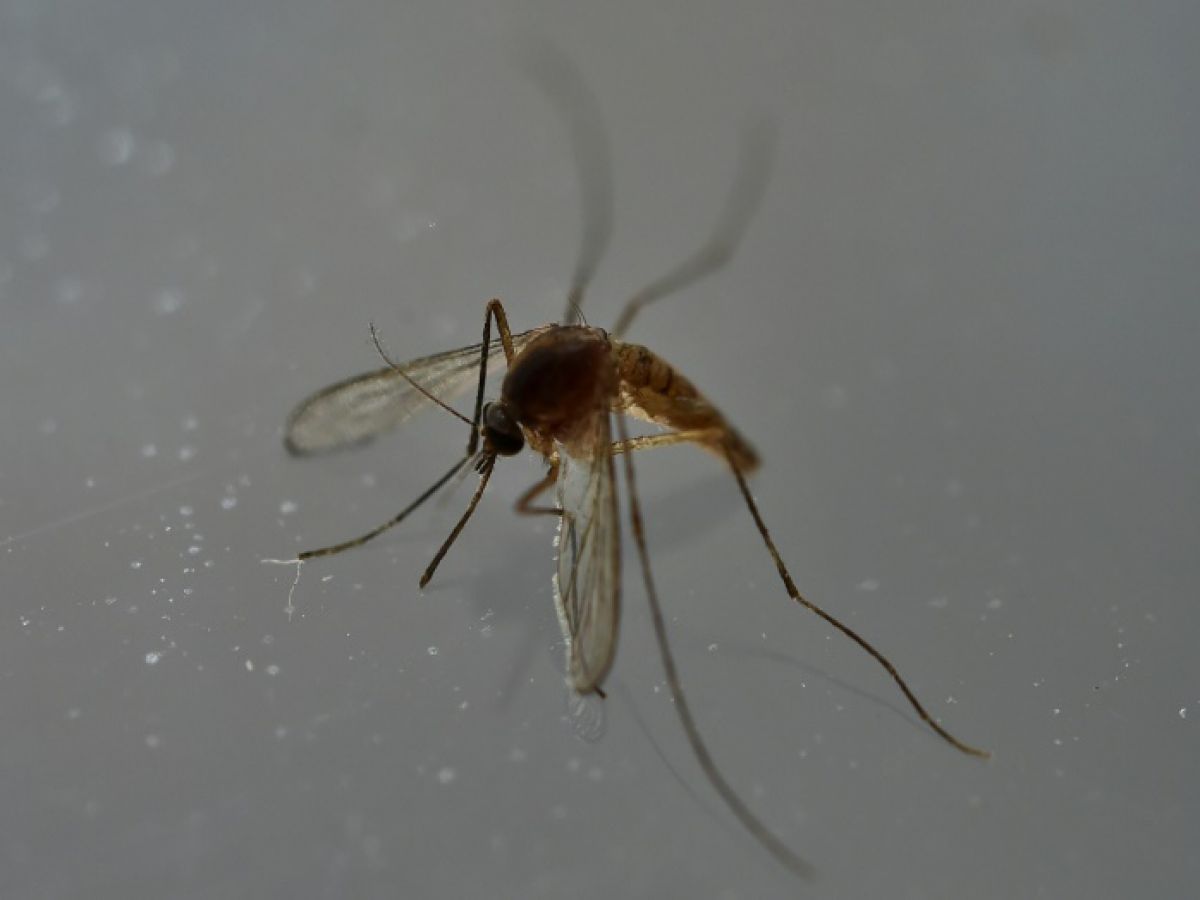An indigenous case of chikungunya, the first of the year in France, has been recorded in the Ile-de-France region, according to the latest data from enhanced surveillance of this disease as well as dengue fever and Zika, all transmitted by tiger mosquitoes.
A presence that has continued to grow for almost 20 years
An "autochthonous case" means that the person has not recently traveled to areas of the world where this virus, transmitted from person to person by tiger mosquitoes (Aedes albopictus). The person was probably infected on site after being bitten by one of these mosquitoes, whose presence has been increasing for almost 20 years in mainland France, in a context facilitated by global warming.
Since the start of enhanced surveillance of diseases linked to the tiger mosquito activity period in early May, nine imported cases of chikungunya have also been recorded in mainland France, Public Health France (SpF) announced on July 31. An indigenous case of dengue fever, the first of the year, was also reported in early July in Hérault.
Read alsoThese infectious diseases are promoted by global warming
Surveillance during the Olympic Games
One month before the Paris Olympic Games, the health agency mentioned arboviruses (chikungunya, dengue, Zika) among its many surveillance targets around the sporting event. When an indigenous case of arbovirus is identified, vector control measures are reinforced with mosquito control treatments in an expanded area and an active search for cases around outbreaks, according to SpF. The European Commission authorized the first vaccine against chikungunya, called Ixchiq and developed by the European laboratory Valneva Austria.
Cases of dengue fever and other mosquito-borne diseases are on the rise in Europe, climate change creating more favorable conditions for the spread of invasive mosquitoes in previously unaffected areas", warned the European Centre for Disease Prevention and Control (ECDC), the EU health agency, on June 11.
There is currently no treatment for chikungunya, which means "bent man" disease in Kimakonde, a language spoken in Tanzania and Mozambique, a phrase evocative of the severe joint pain experienced. This infection can cause patients to develop a high fever and often debilitating joint damage.

